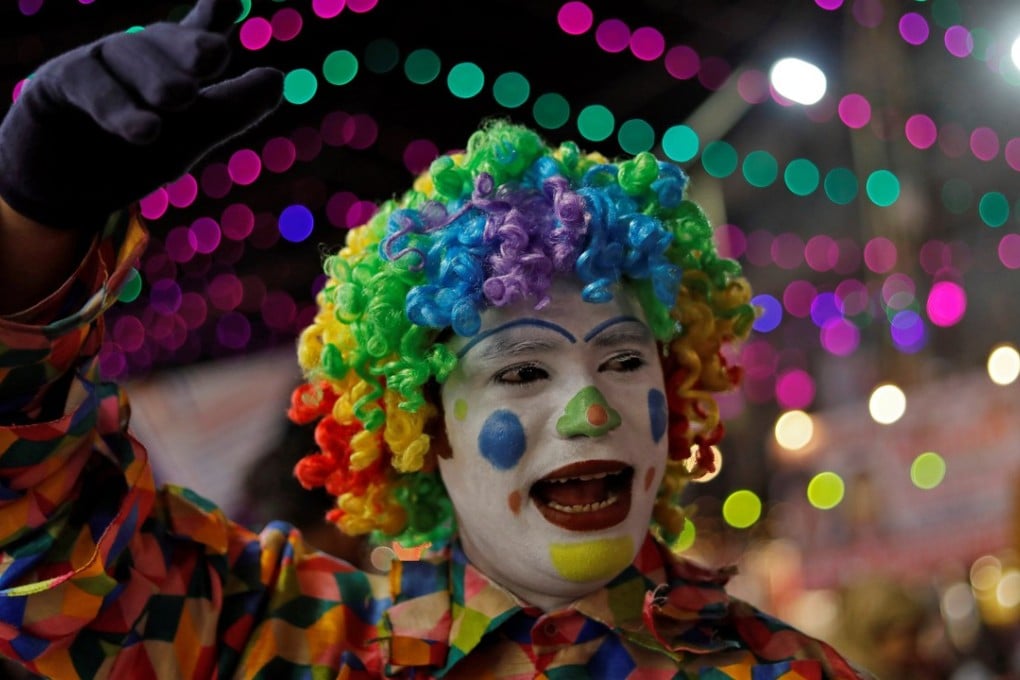Seven facts about Diwali, and how India’s Festival of Light crosses boundaries
- Diwali is celebrated across India and around the world by different religions
- It signifies the victory of light over darkness and good over evil

Today millions of Indians will be celebrating the festival of Diwali, the Indian New Year, and Hong Kong will be no different.
Derived from the Sanskrit word Deepawali, meaning row of lamps, the “Festival of Lights” is observed in the autumn, and will be celebrated in India nationwide.
Over time, Diwali has become a national festival for most Indians, regardless of faith, with Jains, Buddhists and Sikhs also celebrating. Preparations for the festival beginning weeks in advance.
Despite the variations, one common belief is essential: the victory of light over darkness, knowledge over ignorance, and good over evil.
Here are seven useful facts on the celebration to keep you up to speed.

1. The festival lasts for five days and involves spending time with family and performing traditional activities. Families clean their homes from top to bottom, so that when the lamps are lit, it will be suitable for the goddess of wealth and knowledge, Lakshmi, to enter their home and bless them with good fortune for the upcoming year, as well as the god of good luck, Ganesh.